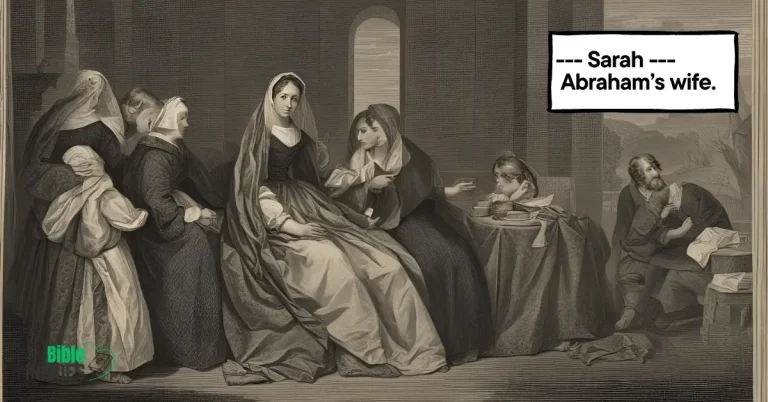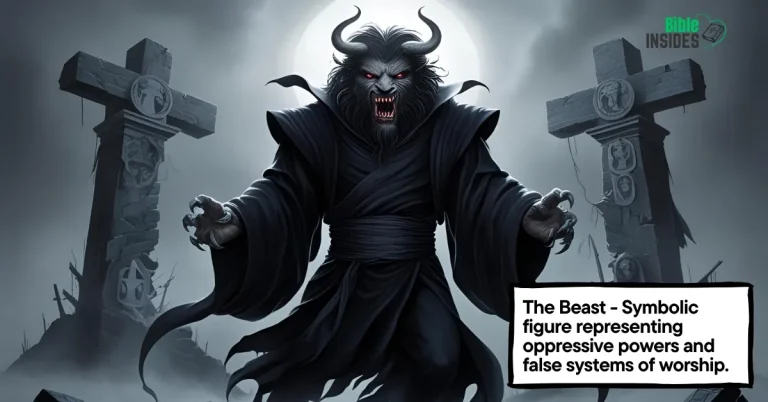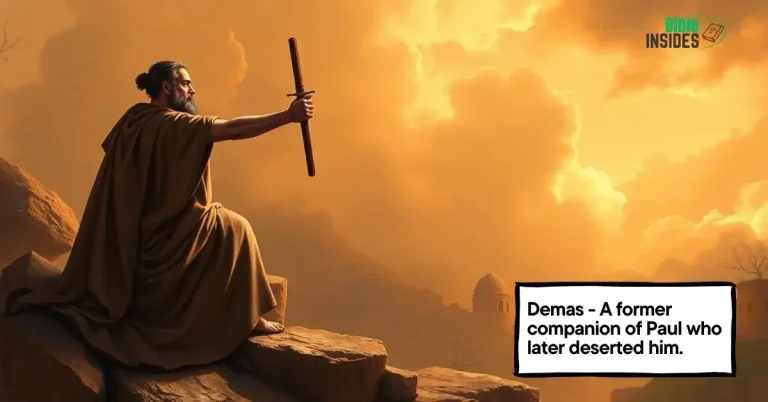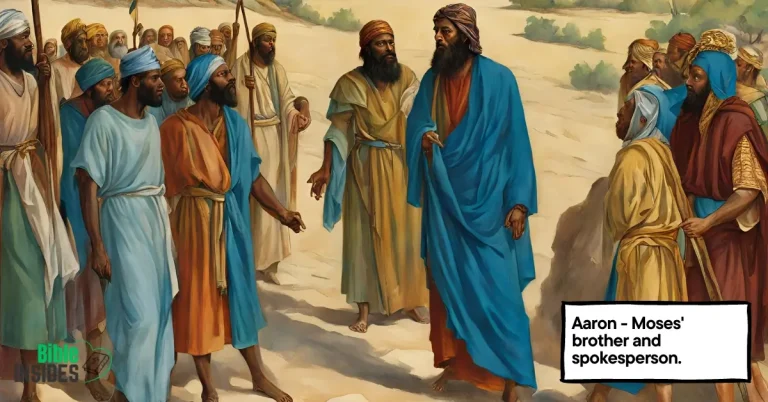Philip the Apostle: Witnessing Christ’s Glory
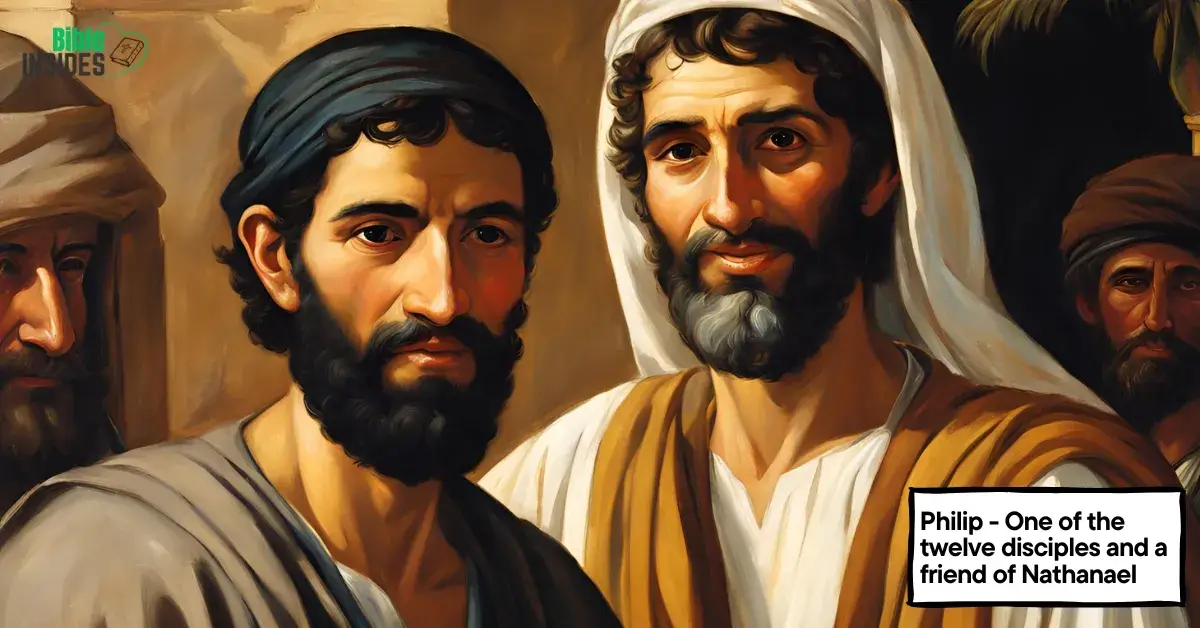
Philip the evangelist was the disciple of Jesus Christ accompanying Peter and Andrew belonged to Bethsaida in Galilee. (John 1:44, 12:21)
Jesus called Philip and then Philip departed and poineered Nathanael. Phillip stated him regarding Jesus and he also became the disciple of Jesus. Phillip’s first accounted action as a apostle of Jesus was to proceed and inform his friend Nathanael.
Afterwards, Phillip was contacted by some Gentiles, more precisely, Greeks from Bethsaida who inquired Phillip to instigate them to Jesus. (John 12:20-22)
Phillip was the student who computed the amount of money it would take to nurture the five thousands. (John 6:7)
After the last meal, Phillip appealed that Jesus manifest them the father, directing to Jesus’ declaration;
“Anyone who has seen me has seen the Father” (John 14:8–9)
The Bible refers last time disciple Phillip is as one of those assembled in Jerusalem to beg after the Lord’s elevation. (Acts 1:13)
Phillip moved to Phrygia as a preacher and was persecuted there in Hierapolis. Phillip was one of the indigenous seven priests chosen to serve in the Jerusalem church. (Acts 6:5)
Phillip had a essence for apostle and while the great oppression emerged in Acts 8:1. Phillip quitted Jerusalem to become an apostle in Samaria. (Acts 8:5-12)
After the church in Samaria was initiated, Phillip was employed by the Holy Spirit to convey the gospel to an Ethiopian eunuch, a member of the court of Candace, the Ethiopian queen.
Phillip established the eunuch sitting in his chariot, studying Isaiah and attempting to comprehend of the prophet’s words.
Afterwards twenty years, Philip the apostle is referred again, still in Caesarea. (Acts 21:8-9)
Bible’s Verses About Philip
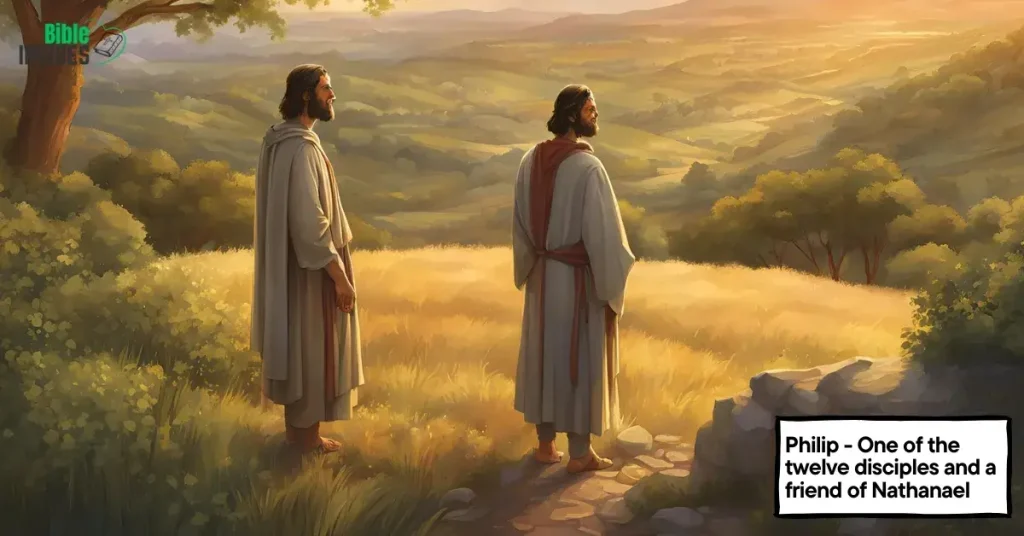
There are many verses regarding the apostle Philip in the Holy scripture;
“Jesus stated to him, “Have I been with you so long and you still do not aware of me, Philip? Whosever has seen me has seen the Father. How can you say, ‘Show us the Father’?” (John 14:9)
“Waiting for our divine hope, the emerging of the dignity of our great God and Savior Jesus Christ” (Titus 2:13)
“Jesus stated to him, “Have I been with you so long and you still do not know me, Philip? Whoever has seen me has seen the Father. How can you say, ‘Show us the Father’? Do you not believe that I am in the Father and the Father is in me? The words that I say to you I do not talk on my own authority although the Father who remains in me does his works. Trust me that I am in the Father and the Father is in me or else believe on owing to the works themselves” (John 14:9-11)
Philip the Evangelist
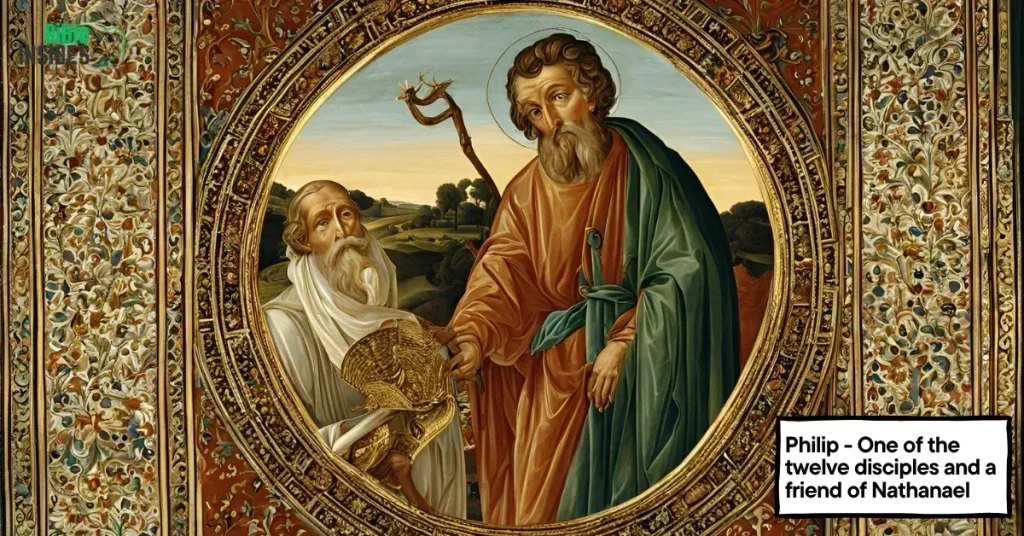
The man referred in the book of Acts 8 who during severe mistreatment moved to a city in Samaria and signified the Messiah there was also exclaimed Philip although this was not Philip the disciple. Instead of this man is entitled as Philip the Evangelist or Philip the priest. An angle of Lord guided Philip the evangelist to an Ethiopians castrate a magitrate of Candace, the princess of the Ethiopians who was in control of all her finance.
He had arrived in Jerusalem to prayer. But the eunuch adored God, he did not acknowledge the Holy writings. Philip demonstrated the gospel of Christ to this man and christened him there on the roadside. He comes various times in the gospels, frequently performing a part that connects between Jesus and other people.
Philip’s Actions
It would seem from John’s record of the nourishing of five thousands people that Philip may have been supervising of the stockpiles and food, the road manager of sorts.
He was the type of man who was actionable, often deliberating about the bottom line. On this moment, Jesus tempting to extend Philip’s belief, proffered a question to him as the crowd assembled;
“Where shall we purchase bread, that these may eat?” (John 6:5)
Philip answered; Two hundred denarii cost of bread is not enough for them, that every person of them may have a bit. (Verse 7)
Philip did not do so good on that assessment. He was not the first to have the strong belief although he was a believer of Jesus who was employed by God.
Philip’s Martyrdom
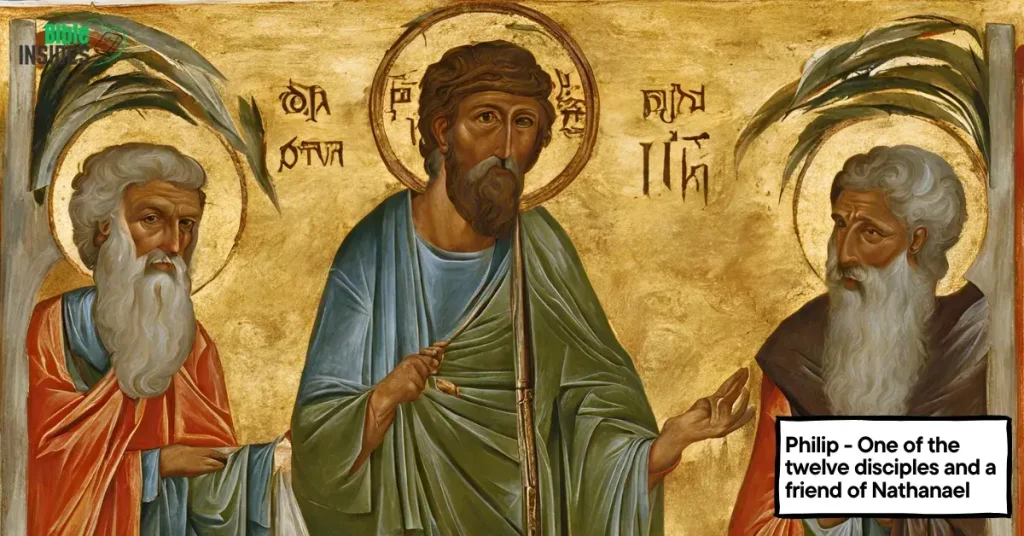
Corresponding to Church heritage, Philip put his life down for Jesus, being ripped to demise after attaining various with the gospel. The disciple Philip is trusted to have died as a martyr, however information of his death are not evidently recoreded in the approved scripture. Conforming to many Christians history, Philip evangelized the Gospel in Phrygia and breathed his last in the city of Hierapolis.
Frequently Asked Questions
Conclusion
Philip was a student and the apostle of Jesus in the Gospel of John. He was one of the earliest seven priest in the Jerusalem church. He was also an evangelist who moved to Samaria amide the great oppression. The Holy Spirit employed Philip to escort the gospel to an Ethiopian eunuch.

